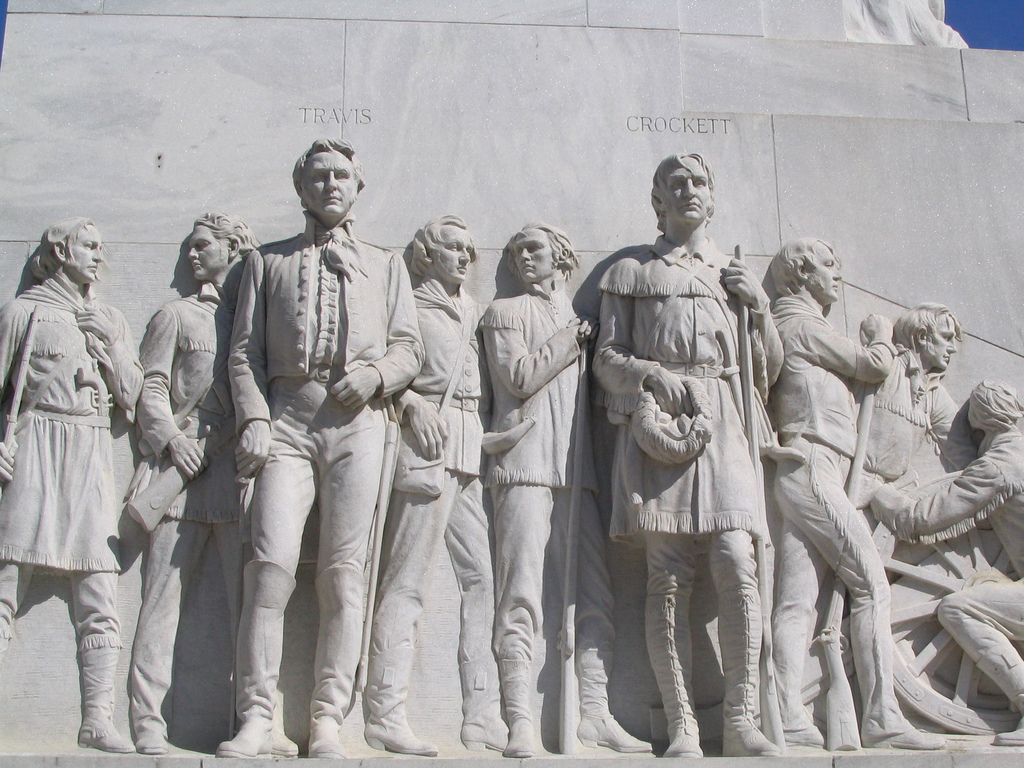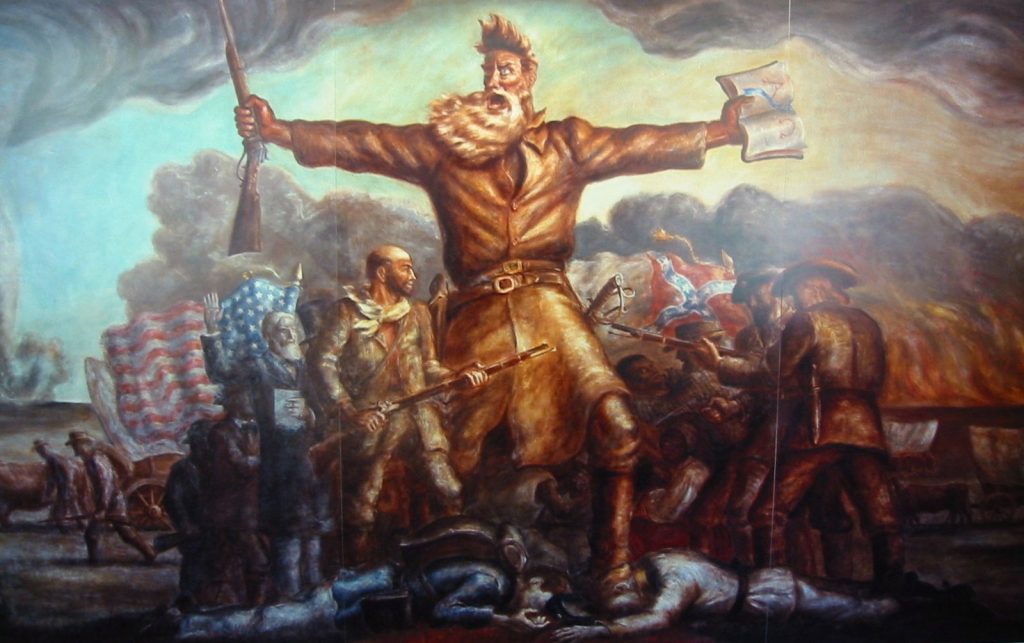History affects us all. King John signed the Magna Carta in 1215 at Runnymede, one of the first times that limits were placed on what a king could do. Over 500 years later, in Philadelphia, a declaration was adopted and five years after that, at Yorktown, a war was won that birthed our nation. Another war began in 1861 at Fort Sumter and ended in 1865 at Appomattox Courthouse that changed the course of that nation. These are real events. King John, George Washington, and Robert E. Lee are real people.
History affects us all. There was a King of kings born about 2021 years ago in a real place called Bethlehem. Joseph and Mary are real people. Jesus was a flesh-and-blood person.
We as Christians are grounded us in history. We exist as a people because of events God orchestrated. It was almost 2000 years ago that Jesus told us to take and eat.
The Greeks told stories of their heroes. Odysseus sneaked his men out of the Cyclops’ cave underneath sheep. Hercules cleaned the Augean stables. Perseus slayed Medusa.
We have our heroes in the faith too, but they are real. Polycarp went to the lions. Benedict went to the monastery. There are heroes even today. We may not know who they are, but there are people who encourage us, who pray for us, who minister to us, and who bless us in countless ways.
God knows the unsung heroes among us. We know that they are our brothers and our sisters, united by the blood of Jesus Christ. We are all blood relatives of heroes.










5